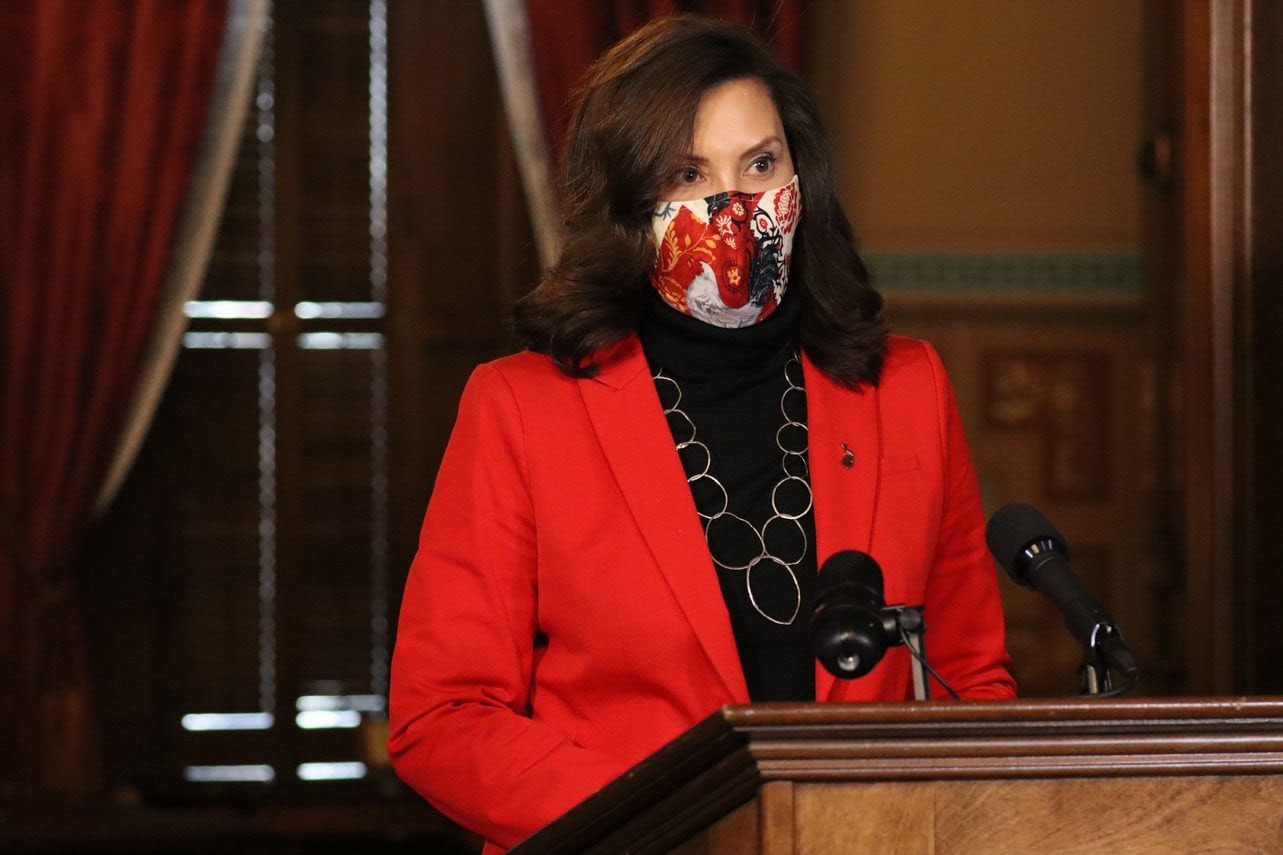Michigan schools are already set to receive $1.7 billion in federal coronavirus relief. Gov. Gretchen Whitmer wants to add $300 million in state funds to the total.
The funds are part of a wide-ranging, $5.6 billion COVID recovery plan that Whitmer is sending to the state legislature for approval. She said the money would help schools offer an in-person learning option by March 1, a goal she set earlier this month.
Schools that enroll a higher share of Michigan’s most vulnerable students — English learners, students with disabilities, and low-income students — would get a larger portion of the state funds under Whitmer’s proposal.
School groups applauded Whitmer’s goal of sending more state money to schools.
“We urge leaders in Lansing to work together to swiftly appropriate these dollars so that districts can begin making plans for recovery programs, in-person instruction, summer learning, and other expenditures for the resources our schools and students need now, and post-pandemic,” said Tina Kerr, executive director of the Michigan Association of Superintendents and Administrators, in a statement.
Whitmer’s COVID Recovery Plan includes $1.7 billion in federal funds for schools, but her administration will have little say over how that money is spent. The federal funds will be distributed to schools according to a federal formula. Most of that money will go directly to schools, while the remaining 10% will be distributed by the Michigan Department of Education, which Whitmer does not control.
The department hasn’t yet announced how it plans to distribute those funds. Whitmer didn’t make clear whether she had reached an agreement with the department on how the money would be spent. The department didn’t immediately return a request for comment.







